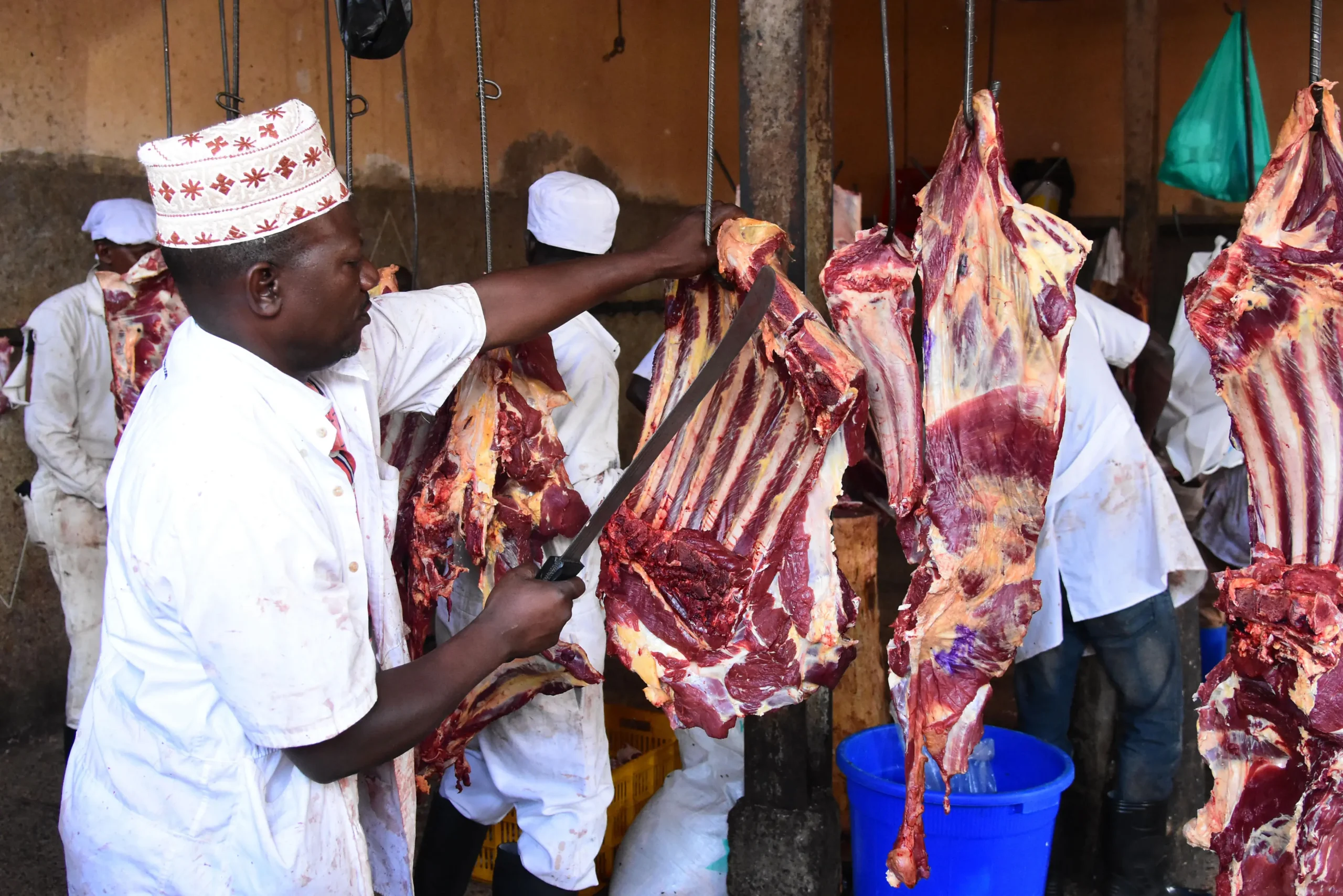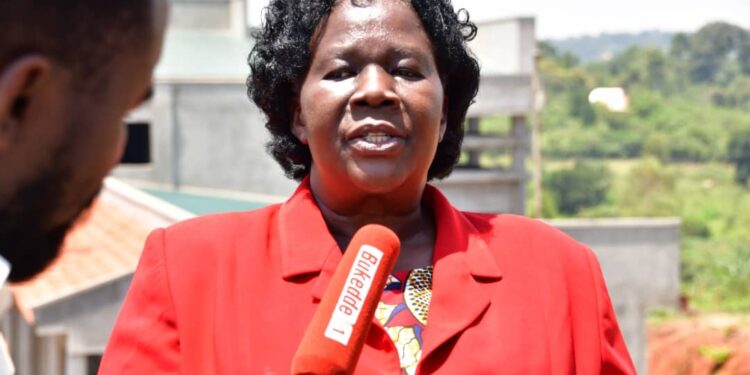Kampala, Uganda | NOW THEN DIGITAL — The government has banned meat sales in Kampala, endangering thousands of jobs and livelihoods due to an unannounced move aimed at curbing the spread of a deadly animal disease.
The Ministry of Agriculture, Animal Industries and Fisheries (MAAIF) implemented an immediate quarantine on livestock in Kampala Capital City after a foot and mouth disease outbreak in Rubaga Division last month.

A letter dated March 1 from Dr. Anna Rose Ademun, the Commissioner for Animal Health, to the Executive Director of Kampala Capital City Authority (KCCA) announced the prohibition of livestock movement within the city.
The ban affects cattle, goats, sheep, pigs, and related products, with closure of markets, slaughterhouses, loading grounds, and animal shows in Kampala.
Dr. Ademun instructed local governments to enforce the quarantine according to the Animal Diseases Act, Cap 38.
“Movement of cattle, goats, sheep, pigs and their products and by-products from, to, through and within Kampala Capital City Authority, Kampala District is prohibited until further notice. Livestock markets, slaughter places, including butcheries, loading grounds and animal shows in the entire district are hereby closed with immediate effect,” she wrote.
“The local government administrators, district veterinary officers, local councils, chiefs, enforcement personnel and the general public are requested to enforce quarantine restrictions as per the Animal Diseases Act. Cap 38,” she added.
Foot and mouth disease (FMD) is highly contagious and can transmit to humans through contact, with infected meat posing health risks, especially for children.
The ban will impact livestock farmers countrywide, as Kampala serves as a primary market with five major abattoirs. KCCA acknowledges the economic consequences but prioritizes public safety.
However, there’s uncertainty about the ban’s enforcement, as butcheries were still selling meat freely.
Chairman of the Kampala Metropolitan Butcher Association, Mr. Musa Ssenabulya, expressed surprise at the lack of communication regarding the quarantine, highlighting potential business and employment impacts.
Despite government efforts, challenges persist in FMD control, including fake vaccines and inadequate stock. Cabinet approved measures to address this, including a revolving fund for vaccine procurement.
The government’s resistance to liberalizing vaccine importation aims to prevent the influx of counterfeit vaccines. Unauthorized vaccines sold on the market pose risks of incorrect serotype vaccination.
Uganda is collaborating with Botswana scientists to develop an affordable FMD vaccine, as announced by President Museveni in January.

















